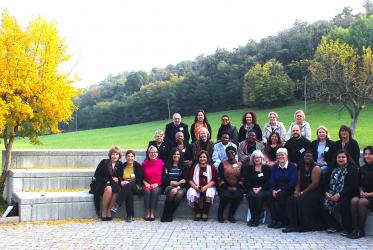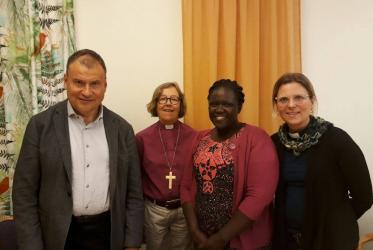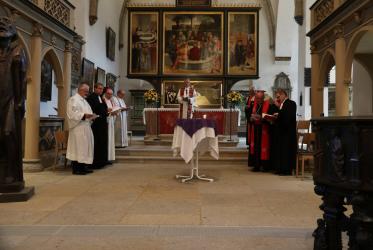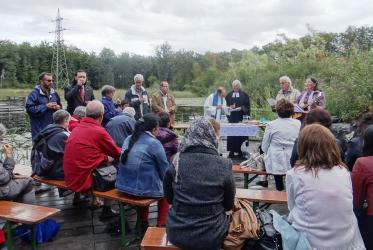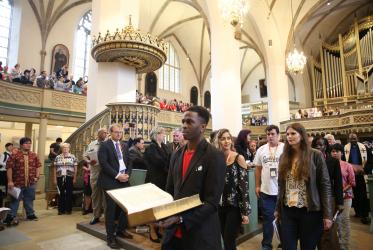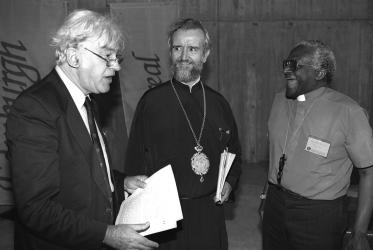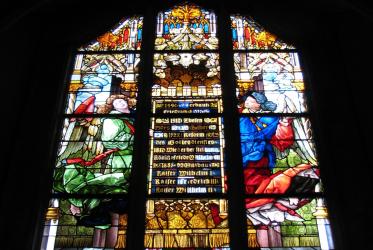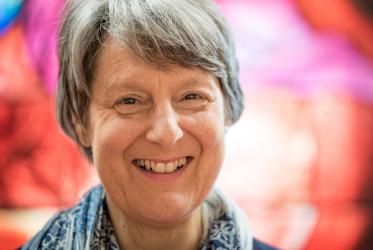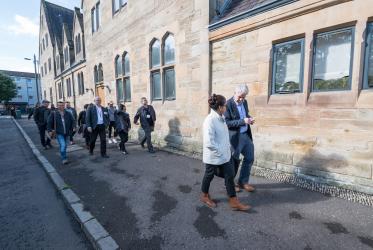Displaying 121 - 140 of 219
07 October 2017
Conference explores Christian approach to borders
05 October 2017
Roman Catholic-WCC group focuses on peace-building, migration
19 September 2017
Nordic churches embrace 'The Gift of Being'
15 September 2017
In Wittenberg, vision for “church of tomorrow” is formed
31 August 2017
Digitizing of Faith and Order Papers underway
23 July 2017
Ecumenical Patriarch visits WCC
24 April 2017
Churches in Norway and Pakistan break new ecumenical ground
26 January 2017
WCC pays tribute to Günther Gassmann
23 January 2017
Unity prayers to recall Reformation, celebrate reconciliation
13 January 2017
Church and political leaders send messages of hope to Taizé meeting
29 December 2016
WCC extends gratitude, congratulates Dame Sheilagh
18 November 2016
What does ‘prudence’ mean for dialogue and peace-building?
16 November 2016
